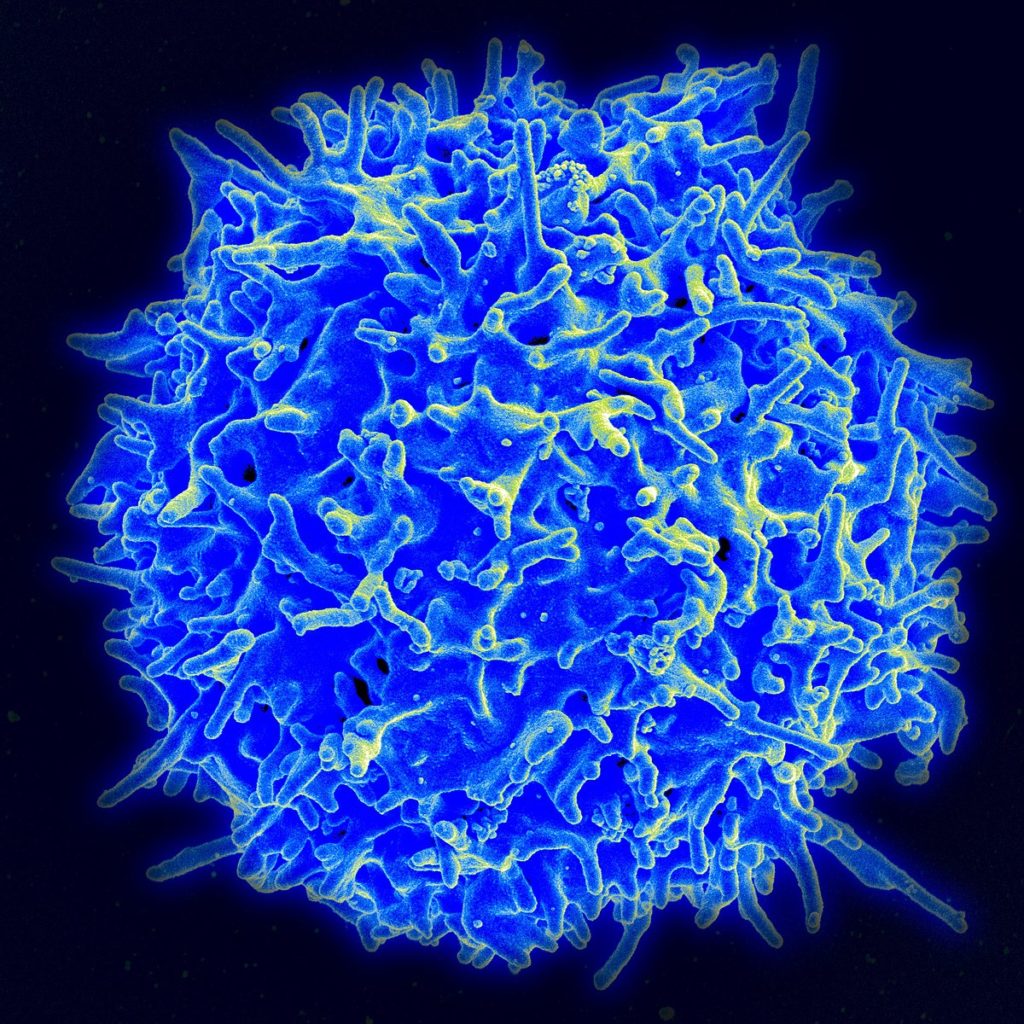The immune system acts as a defense mechanism by identifying and eliminating foreign invaders while maintaining a delicate balance to prevent autoimmune diseases. A robust immune system is essential for overall health and well-being.

This article aims to provide general information about the immune system and offer practical tips on how to boost your immune system naturally.
How does the Immune System work?
The immune system is a complex network of cells, tissues, and organs that work together to protect the body against harmful pathogens, such as bacteria, viruses, parasites, and fungi.
Its primary function is to distinguish between self and non-self and mount an immune response to eliminate foreign invaders while preserving healthy cells and tissues.
Here is a general overview of how the immune system works:
Step 1 – Recognition: The immune system recognizes and identifies pathogens or foreign substances through specialized cells called Antigen-Presenting Cells (APCs). These cells engulf the pathogens and break them down into smaller fragments.
Step 2 – Antigen Presentation: APCs then display these fragments, known as antigens, on their surface. This process activates other immune cells, specifically T cells, which play a crucial role in coordinating the immune response.
Step 3 – Activation of Immune Cells: The antigens displayed on the surface of APCs bind to specific receptors on T cells, triggering their activation. This activation leads to the production of different types of T cells, such as helper T cells and cytotoxic T cells.

Step 4 – Helper T Cells: Helper T cells release chemical signals called cytokines that assist in coordinating the immune response. They stimulate other immune cells, such as B cells and cytotoxic T cells, to multiply and carry out their specific functions.
Step 5 – B Cells and Antibodies: B cells are responsible for producing antibodies, which are proteins that can recognize and bind to specific antigens on pathogens. Antibodies help neutralize pathogens by preventing them from infecting healthy cells and by marking them for destruction by other immune cells.
Step 6 – Cytotoxic T Cells: Cytotoxic T cells directly attack and destroy infected cells or abnormal cells in the body. They recognize specific antigens on the surface of infected or abnormal cells and release toxic substances that induce cell death.
Step 7 – Memory Cells: Following an immune response, some T and B cells develop into memory cells. These cells “remember” the specific antigens they encountered, allowing for a faster and more efficient response if the same pathogen enters the body again.
Step 8 – Regulation: The immune system also has regulatory mechanisms to prevent excessive immune responses or attacks against the body’s own cells. Regulatory T cells help maintain tolerance by suppressing immune reactions against self-antigens and preventing autoimmune diseases.
Step 9 – Resolution: Once the pathogen has been eliminated, the immune response gradually subsides. Some immune cells undergo programmed cell death, while others return to a resting state.
8 natural ways to improve your immune system
While the immune system is influenced by various factors, including genetics and age, adopting healthy lifestyle habits can play a significant role in supporting immune function. Here are some practical strategies to boost your immune system naturally:
1. Maintain a Balanced Diet

A well-balanced diet rich in fruits, vegetables, whole grains, lean proteins, and healthy fats provides essential vitamins, minerals, and antioxidants that support immune function. Include immune-boosting foods such as citrus fruits, berries, garlic, ginger, turmeric, spinach, and yogurt in your daily meals.
2. Stay Hydrated
Water is crucial for maintaining optimal immune function. Aim to drink adequate water throughout the day to keep your body hydrated and support the efficient functioning of various immune cells.
3, Prioritize Sleep
Sufficient sleep is vital for immune health. During sleep, the body repairs and rejuvenates itself. Aim for 7-8 hours of quality sleep each night to allow your immune system to function optimally.
4. Manage Stress Levels
Prolonged stress can weaken the immune system, making you more susceptible to infections. Incorporate stress-reducing activities into your routine, such as meditation, deep breathing exercises, yoga, or engaging in hobbies you enjoy.
5. Regular Exercise
Engaging in regular physical activity improves blood circulation, reduces inflammation, and enhances immune function. Aim for at least 150 minutes of moderate-intensity weekly exercise, such as brisk walking, cycling, or swimming.
6. Maintain Good Hygiene Practices
Practicing good hygiene helps prevent the spread of infections. Wash your hands frequently with soap and water, especially before meals and after using the restroom. Avoid close contact with sick individuals and cover your mouth and nose when coughing or sneezing.
7. Avoid Smoking and Excessive Alcohol Consumption
Smoking weakens the immune system and increases the risk of respiratory infections. Excessive alcohol consumption can also impair immune function. Limit or avoid these habits for optimal immune health.
8. Consider Supplements
While a healthy diet is the best way to obtain nutrients, certain supplements can support immune function. Vitamin C, vitamin D, zinc, and probiotics are among the commonly used supplements. Consult with a healthcare professional before starting any new supplements.
Summary
In conclusion, the immune system is a complicated machine aiming to defend the human body from both internal and external threats. Thus, it is of great importance to maintain a healthy lifestyle so that the immune system could be strong enough to protect the body
by studocu



